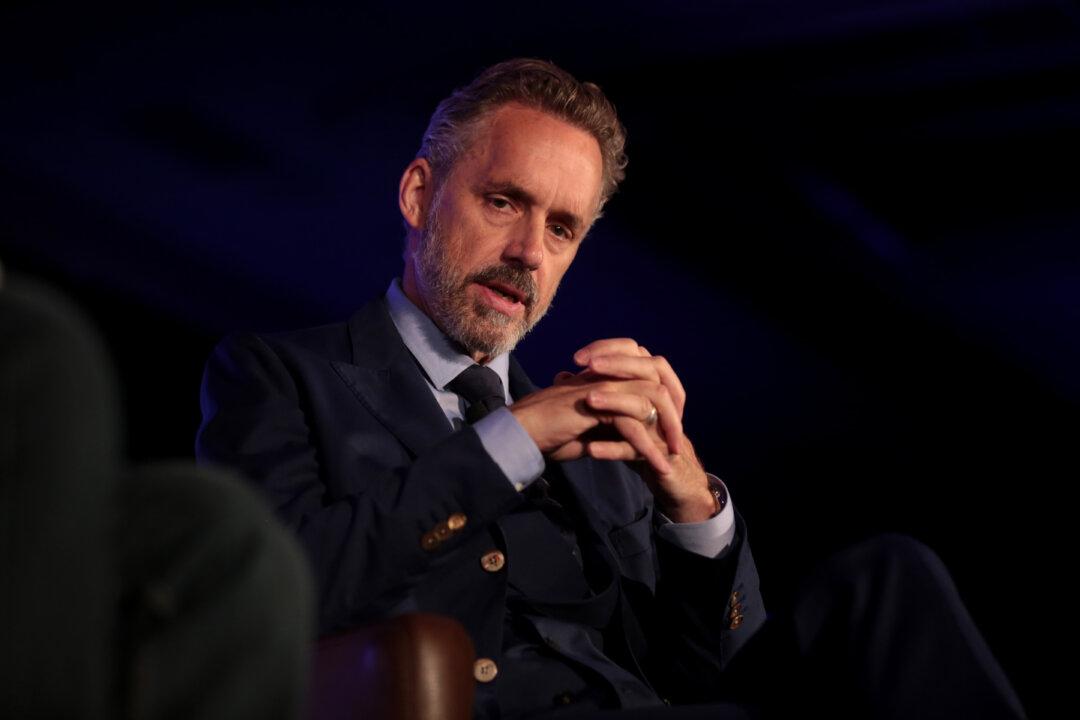“Oh, Superman, where are you now? When everything’s gone wrong somehow?”
That lyric from the 1986 Genesis song “Land of Confusion” suits our current predicament. Many things seem to be going wrong all at once, with the COVID-19 pandemic, lockdowns, economic devastation, political polarization, civil unrest, violence in the streets. Anxiety levels rise as these crises collide and combine into a perfect storm of social distress.





